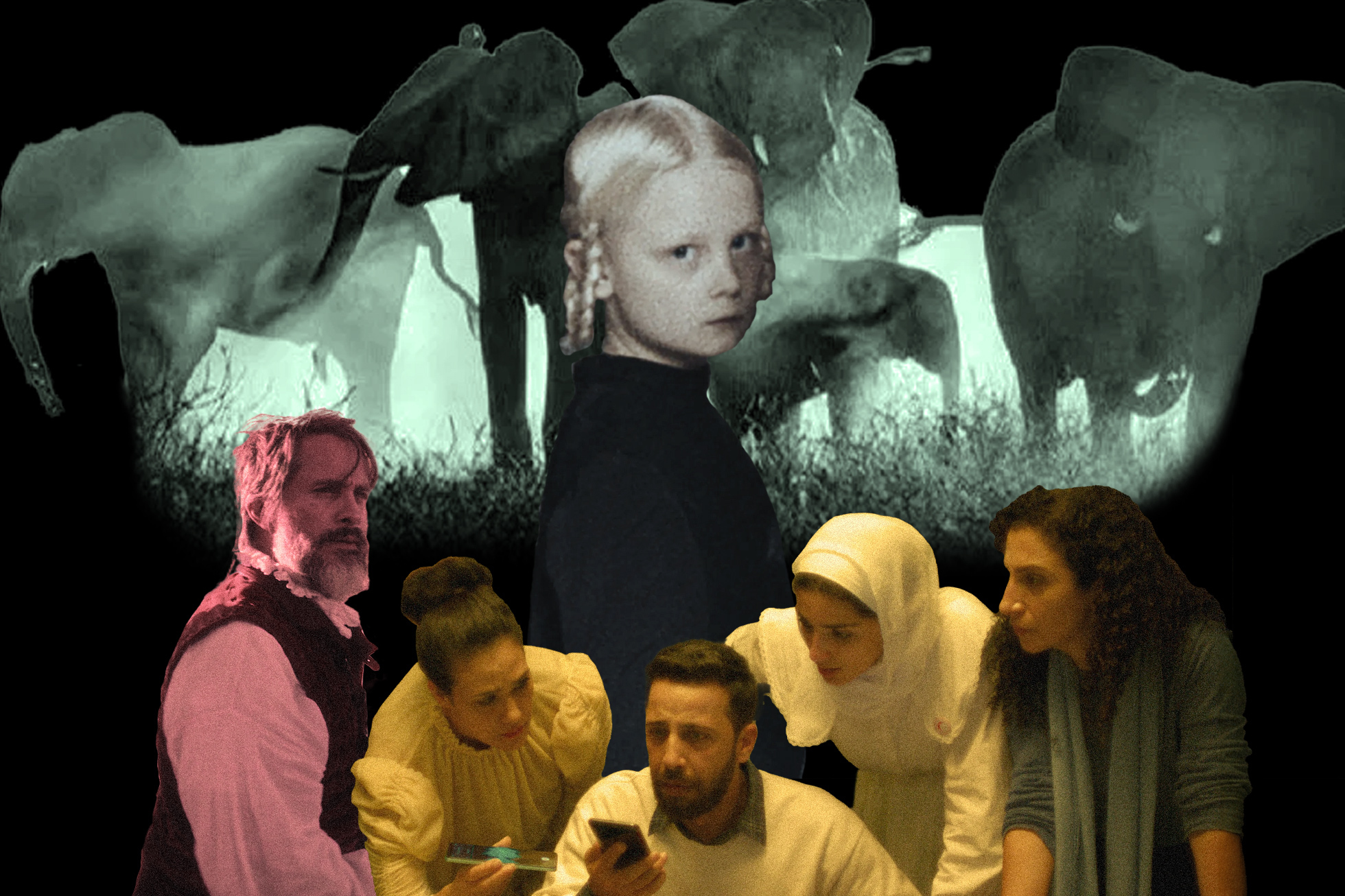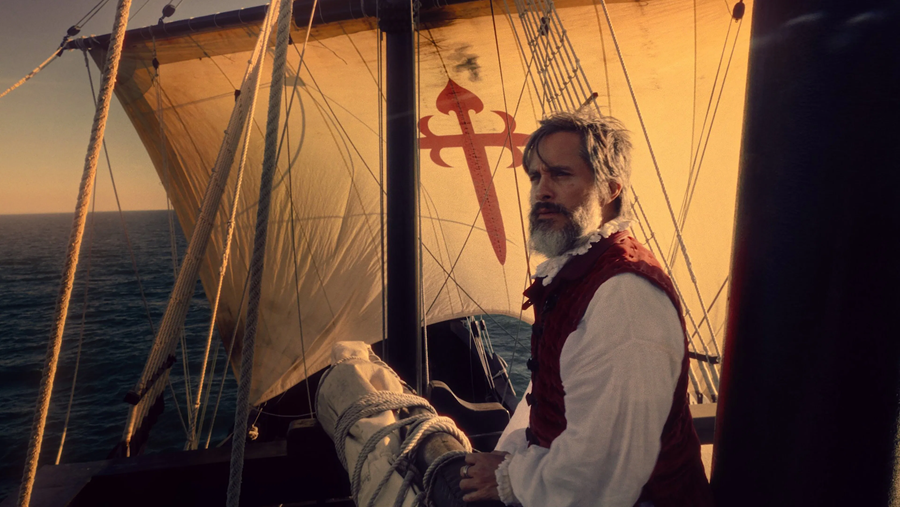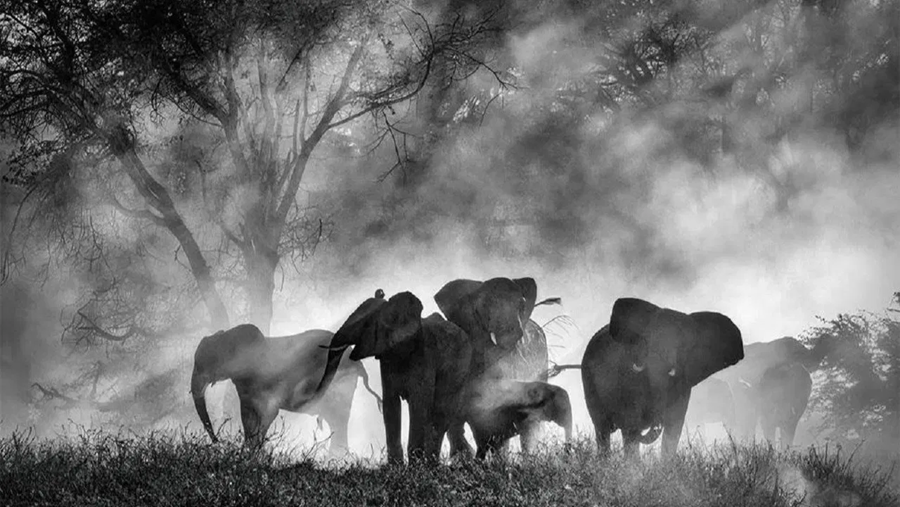
“I love AFI.”
These were the last words heard before every screening at AFI Fest 2010, the first film festival I ever attended. David Lynch served as guest artistic director that year, having graduated from the conservatory four decades earlier, and recorded a video singing the American Film Institute’s praises. The brief pause before that line coupled with his characteristic aw-shucks delivery prompted laughter each time, but always the endearing kind — the contrast between Lynch’s kindly demeanor and deeply disturbing oeuvré was part of what made so many love him.
This was the first AFI Fest since Lynch’s passing earlier this year, as well as the first since the catastrophic fires that appear to have hastened his untimely passing. Everything in Los Angeles has felt different since then, AFI Fest included, but it still occupies an important space in the city’s cinematic fabric. This year’s edition ran from October 22nd — 26th and brought the usual mix of standouts from Cannes, Berlin, and Venice to Hollywood. I don't know which of those movies Lynch would have liked, but I do know which stood out to me.

Nothing is resolved in We Believe You, but much is revealed. Taking place entirely at a deeply upsetting custody hearing in Paris, it consists of little more than statements delivered by a mother, father, and their respective lawyers. Alice was likely at her wits’ end long before we meet her, and is now in a constant state of panic at the prospect of her two children being forced to reconcile with their estranged father. Myriem Akheddiou, a Belgian actress who’s appeared in a number of the Dardennes brothers’ movies as well as Titane, is phenomenal as Alice, on whose face the camera is almost always trained regardless of who’s speaking. Her former husband is accused of the worst thing a person can be accused of, and co-directors Charlotte Devillers and Arnaud Dufeys’ never give us much reason to doubt his guilt. But they don’t confirm it either, and all 78 minutes of this mostly real-time courtroom drama are made more gripping by that uncertainty.

We first meet him not as a circumnavigator but as a crewman. “The promise of the gods of our ancestors is upon us,” the Malaccan natives say as the conquistadors arrive in 1511; the port city, now part of Malaysia, soon falls. So do several other places Ferdinand Magellan visits or “discovers” during the years-long voyage he later embarks on, though not the Filipino island where he meets his own end: Cebu. One of writer/director Lav Diaz’s shorter movies at a mere 156 minutes, Magellan finds the slow-cinema luminary blending his distinct sensibility with the biopic form to immersive, inventive effect.
Despite starring Gael García Bernal and telling the story of a historical figure known throughout the globe he sailed across, Magellan is anything but an attempt to swim into the mainstream for a filmmaker whose movies usually run between four and eight hours. Closer to Fitzcarraldo than it is to Master and Commander, this is a deep breath of a movie: slow inhale, slower exhale, and ample time to notice all the small details other movies gloss over. Those details sometimes come at the expense of the usual information imparted by biopics — a filmed Wikipedia article this is not — but as it gradually becomes evident what compelled the Filipino auteur to tell this story in the first place, Magellan is brought into focus in a way that only Diaz could have framed.

There aren’t a lot of elephants in Ghost Elephants, which shouldn’t surprise anyone familiar with the documentaries of Werner Herzog. It’s also unsurprising if you’re familiar with the subject: the supposed descendants of Henry, the largest elephant ever known to exist, which was — tragically but unsurprisingly — hunted for sport in 1935. The elusive creatures have yet to be found, though not for lack of trying; the film follows the decades-long work of scientist Steve Boyes, who’s dedicated his life to finding them. He’s well aware that he may never do so, and thinks it might be better be that way — if something remains a dream, it’s somehow purer.
As ever, Herzog’s sui generis narration is a huge part of the appeal. I could tell you the context for lines like this one, but I’d rather let it stand on its own terms: “I know I should not romanticize this, but I feel, surrounded by chickens, it cannot get any better than this.” The ghost elephants, which are believed to live at high elevation in a remote, inaccessible pocket of Angola, are very much a white whale. Should they be found, they’d be well within their rights to do to us what Moby-Dick did to the Pequod.

Roger Ebert once described the movies as “a machine that generates empathy.” Judged on those terms, The Voice of Hind Rajab is an incredible machine. Kaouther Ben Hania’s docudrama tells the harrowing true story of its title character, a six-year-old Palestinian girl killed alongside six of her family members as well as the two aid workers attempting to rescue her, in excruciating, partially real-time detail. Using the actual call she made to the Palestine Red Crescent Society, in whose West Bank office the film takes place, Hania seamlessly pairs Hind’s voice with those of her actors, who are uniformly excellent; one imagines the anguish on their faces required little in way of performance.
What should be an eight-minute ambulance ride to the bullet-ridden car Hind is hiding in turns into an hours-long ordeal due to the dangerous logistics of dispatching a rescue vehicle to an active war zone, especially one whose occupying force isn’t shy about firing on civilians and aid workers. The Voice of Hind Rajab might ultimately be thought of as the Palestinian equivalent of United 93, not only for its docudrama elements but also for the fact that it is, above all, a deeply emotional tribute to its subject.

The best movie of not only the festival but the entire year thus far was Mascha Schilinski’s Sound of Falling, a time-traversal drama that defies description even as it inspires you to tell everyone you know about it. Set in a German farmhouse across four different timelines, it takes a familiar premise and turns it into something breathtakingly original. The temporal boundaries are porous, often bleeding into and merging with one another as four women in different eras unknowingly echo one another. At times they seem vaguely aware of those who’ve come before and after them, like phantom limbs that come with the attendant pain.
Sound of Falling might be thought of as a ghost story, but only in the sense that all of us are eventual ghosts with no way of knowing what energy we might leave behind for future generations. Experiencing it is like watching several lives flash before your eyes and made no less compelling by the fact that they aren’t your own. The movie is about not only intergenerational female drama but also, just as pressingly, death: knowing it will happen but not knowing what happens afterward. Are we all figments of someone else’s imagination or ghosts in one another’s dream? And if we are, what happens when they wake up?